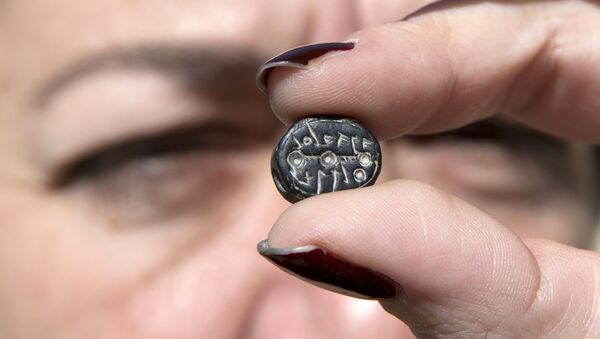The seal was discovered during excavations in the City of David, located at the Jerusalem Walls National Park; the artifact dates back to the era of the First Temple which, according to the Hebrew Bible, was built by King Solomon in the 10th century B.C. and then destroyed 400 years later.
Made of a semi-precious stone, the seal bears the mirror-writing of "to Elihana bat Gael" carved in ancient Hebrew letters, which means "Elihana daughter of Gael."
First Temple period seals found in Jerusalem https://t.co/oTO4cfbtLf
— FARLI.org (@FARLIOrg) 7 марта 2016 г.
According to the IAA, "finding seals that bear names from the time of the First Temple is hardly a commonplace occurrence, and finding a seal that belonged to a woman is an even rarer phenomenon."
"The owner of the seal was exceptional compared to other women of the First Temple period: she had legal status which allowed her to conduct business and possess property," the archaeologists said.
He explained that most of the women's seals related to the First Temple era bear the names of their fathers, rather than their husbands. "Here, as in other cases, this might indicate the relatively elevated status of Elihana, which depended on her original family, and not on her husband’s family, according to Misgav.





